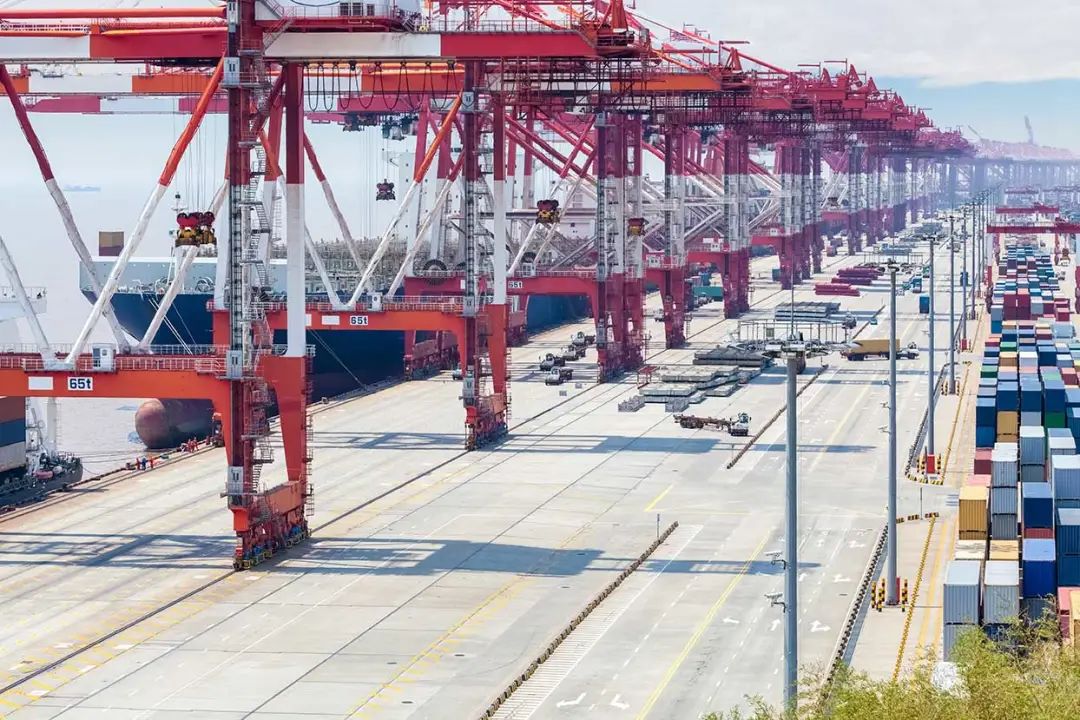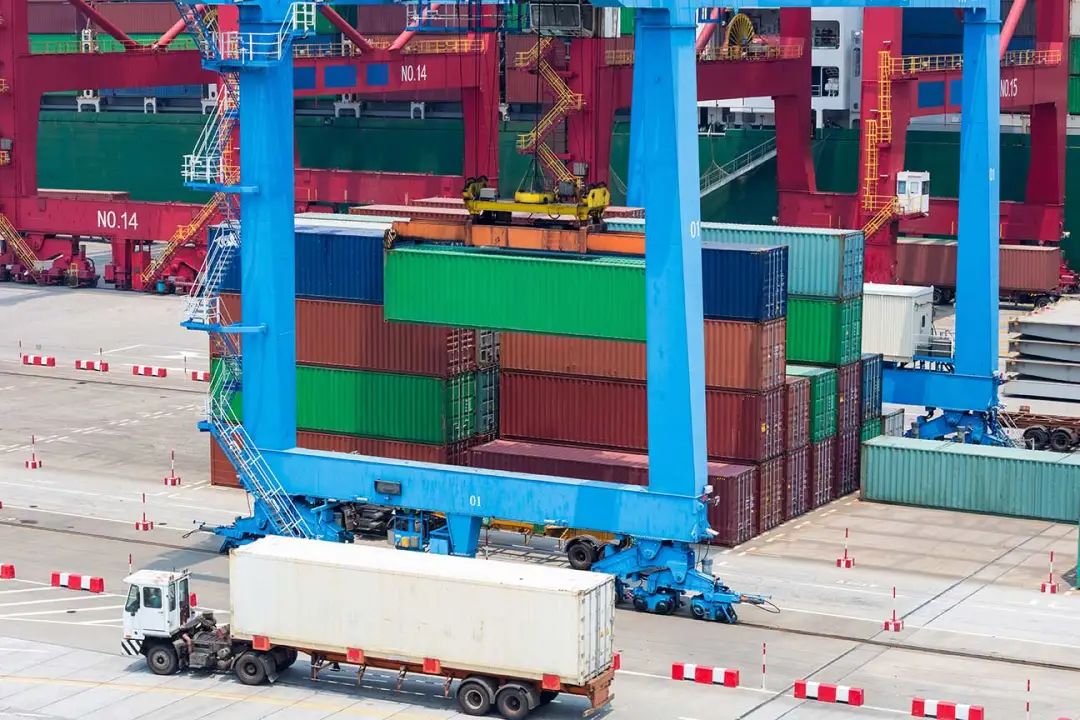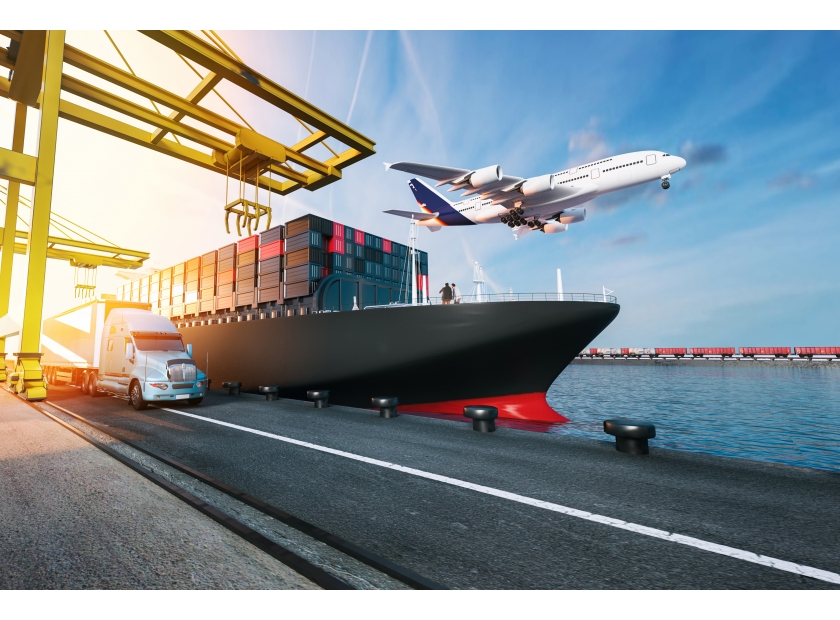
How Bad are Global Shipping Snafus?
As World Economy News reported, "How bad are global shipping snafus? Home Depot contracted its container ship as a safeguard?" Home Depot is one of the largest importers in America. Yet with congested ports, container shortages, and Covid-19 outbreaks slowing shipments, the company chief operating officer, Ted Decker made a decision: It was time to get its boat as a critical shortage of shipping containers due to the pandemic.
It marks the first time that company has taken such a step since Ted revealed that the purpose is to secure a ship that's solely going to be on its own, and it's just going to go back and forth with 100% dedication to Home Depot.
Large companies can change their shipping policy from sea shipping to air freight. However, it's hard for small businesses and retailers to operate when the price increases. According to a British shipping company, some small importers might face bankruptcy as the global shipping crisis keeps going. On the other hand, some global importers start to search for local resources to better the situation.

China Containerized Shipping
The Port of Shanghai has revealed the highest record of CCFI at 2653.32, and the SCFI at 3095.14, 377.4% higher than last year's records. The higher the CFI rate is, the higher the price sea transporting goes. In addition, as the onshore yuan advanced to its most substantial level, the profit of global trading companies decreased.


The Impact on the US Restaurants
According to NRF, retailers are heading into peak season for holiday merchandise after the pandemic. As a result, the demand for shipping containers increases due to the high pressure of restocking goods from retailers—furthermore, the restocking rate of American retailers still at the lowest in 30 years.
Soaring demand has contributed to the problem of sea shipping price rate "spiked significantly." As a result, companies may have to raise prices between 5% and 20% to offset that increase. "A lot of that cost may be passed down to consumers where there may be higher prices in the future. It may also impact lower-profit products exported from other countries and decrease buying products outside the state.
Restaurants that rely on importing goods have already felt the pressure of global shipping snafus. Production can't keep up with the demand since July, making it to the store at an increased price, and that has to be passed on to shoppers.
Our Suggestions
Ez100 suggests restaurants restock in advance before the price goes higher and higher. To ensure restaurants have enough supplies to operate, owners should purchase items they need beforehand.
The effects of global shipping issues are being felt in the restaurant industry. Thereby, restaurants owners should be well prepared for paying higher prices for products.






